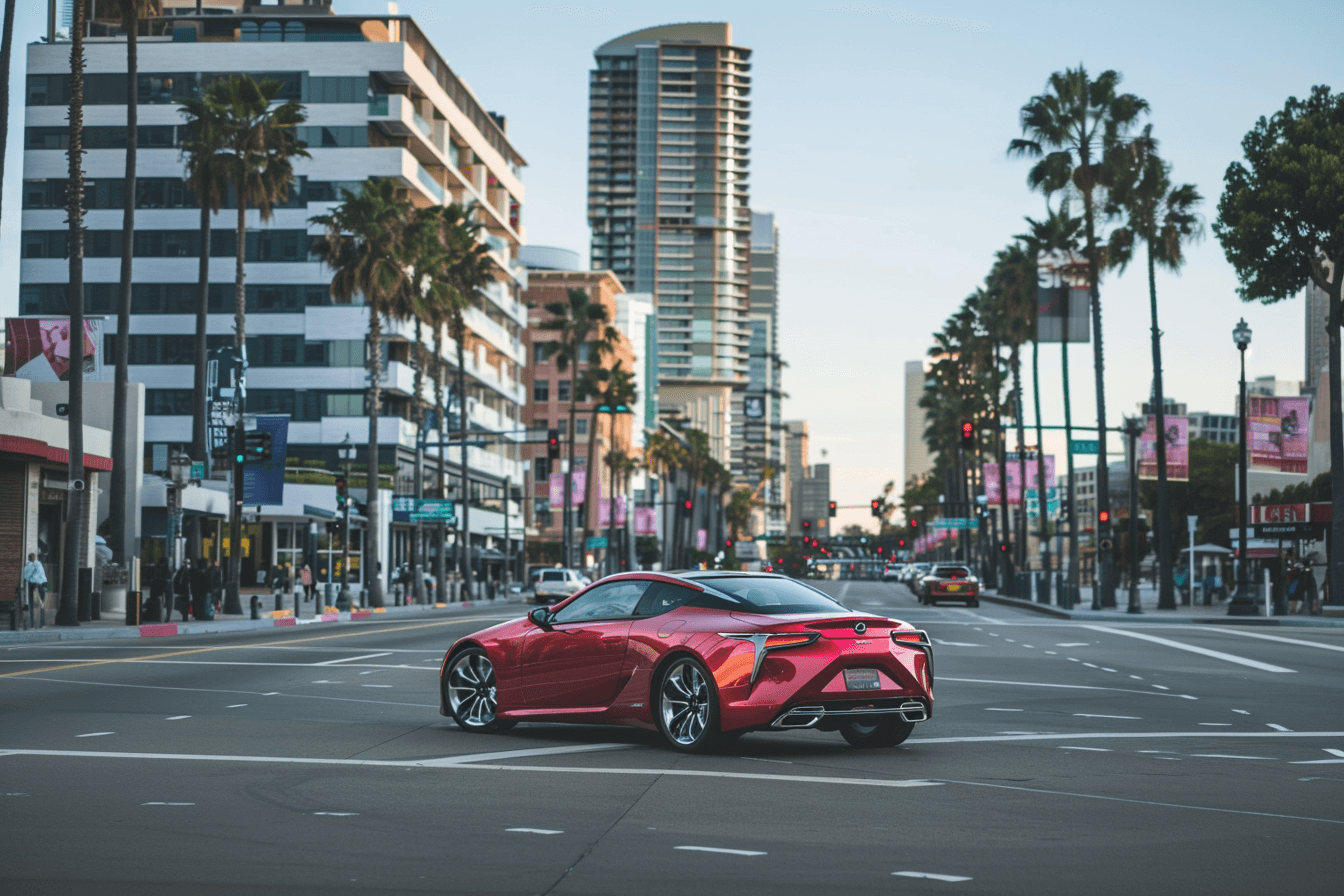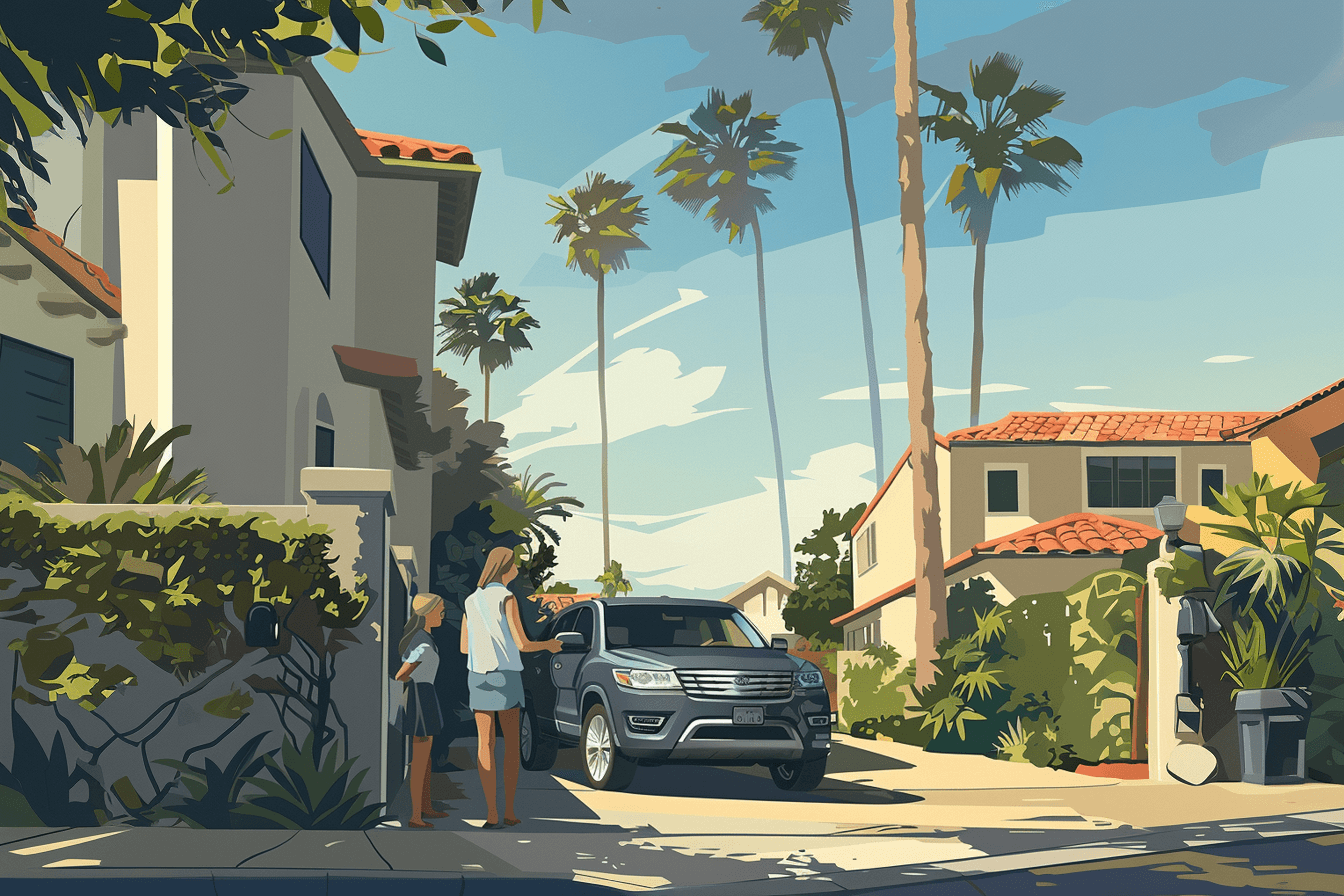What is a Residual and How Does It Impact Leasing?
Written By
CarOracle Experts
Published
May 26, 2023
Learn how residual value impacts vehicle leasing. Understand the concept easily with our breakdown. Make informed decisions on car leases.
At a Glance:
Residual Value: The predicted worth of a vehicle at the end of a lease term, expressed as a percentage of the car's original price.
Factors Influencing Residual Value: The make and model, expected usage, and market trends are among the factors considered in predicting a car's residual value.
Residual Value and Lease Payments: The predicted depreciation, i.e., the difference between the original cost and the residual value, is a crucial component of your lease payments.
High Predicted Residual Value: A car with a high predicted residual value can lower your monthly lease payments, but these are estimates and actual depreciation may vary.
When leasing a car, you'll often come across the term 'residual value.' This is a prediction made by the leasing company about the vehicle's worth at the end of the lease term. It's usually expressed as a percentage of the car's initial cost and is a fundamental aspect of the leasing equation.
Determining Residual Value
Accounting Instruction, Help, & How To. (2017, February 22). Residual Value Definition - What is Residual Value? [Video]. YouTube. https://www.youtube.com/watch?v=4A4ywyzEkEA
Residual values aren't randomly assigned; they are calculated based on several factors. The make and model, the car's popularity, expected usage, and market trends all play significant roles in setting the residual value. Leasing companies rely on industry guidebooks like ALG, owned by JD Power, and Kelley Blue Book, owned by Cox Automotive, along with their internal algorithms, to determine this figure.
Residual Value's Role in Lease Payments
The residual value is crucial in determining your lease payments. When you lease a vehicle, you're essentially paying for the forecasted depreciation that will occur during the lease term. This depreciation is the difference between the original cost of the vehicle and its predicted residual value. Add fees and interest to this, and you have the total cost that is then divided over the lease period to calculate your monthly payments.
For instance, if a new car costs $30,000 and its residual value is predicted to be 60% after three years, the leasing company expects the car to be worth $18,000 at the end of the lease. Thus, your lease payments will cover the anticipated $12,000 depreciation, along with fees and interest, spread over three years.
High Predicted Residual Value: Protection and Potential Costs
A vehicle with a high predicted residual value can lead to lower monthly lease payments. This is because the expected depreciation - the cost you're covering - is less. However, remember that residual values are predictions. The actual depreciation may differ based on various factors such as changes in the car's popularity or shifts in the used car market.
In a closed-end lease, you have the advantage of protection against this uncertainty. Regardless of the actual market value of the vehicle at the end of the lease, you have the option to simply return the car without any additional costs (assuming there's no excessive wear and tear or over-mileage).
On the other hand, if you decide to buy the car at the end of the lease, a higher residual value means a higher purchase price. So, while you save on monthly payments, you might end up paying more if you choose to buy.
Understanding these aspects of residual value can help you navigate your leasing decisions more effectively.
In Conclusion: Informed Decisions
Understanding the concept of residual value and its impact on leasing can help you make more informed decisions about your vehicle financing options. Knowledge is power, and staying informed can lead to savings in the long run. For more insights and practical advice on navigating car ownership and financing, continue to follow CarOracle.com.















